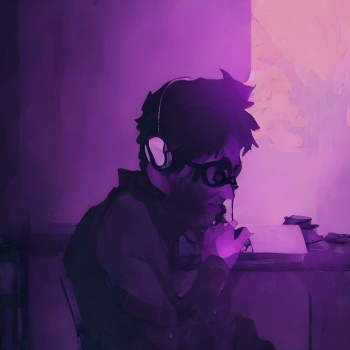 Every morning, I wake up, drink coffee to the sounds of tropical morning before the sun rises, and consider things. I might have some ideas I scribble down in one of the many notepads I have laying around in the hope that I revisit. For the most part it’s about the moments of peace before the traffic on the highway becomes an insistent and intrusive hum.
Every morning, I wake up, drink coffee to the sounds of tropical morning before the sun rises, and consider things. I might have some ideas I scribble down in one of the many notepads I have laying around in the hope that I revisit. For the most part it’s about the moments of peace before the traffic on the highway becomes an insistent and intrusive hum.
This is when most people are asleep, nestled safely in a soft bed, maybe laying next to someone comfortably only to be jolted awake by an alarm that they forgot to turn off for Saturday – or worse, an alarm that they need on a Saturday. Those of my generation remember the alarms of the insistent beeping, jolting consciousness to the forefront even when your body tries to deny it.
I do not do this. I don’t remember ever having to do this except on those younger binges at night where I sedated myself so much that pickles withered with envy, or when I had an schedule as erratic as a bumblebee. It’s no coincidence the two merged so often, where to get to sleep I needed a bit of help, particularly in the many jobs I had that fueled me with stress that in retrospect wasn’t mine. It was the anxiety of dreamers that fueled me so often and robbed me of my dreams.
Yet I am a dreamer too. I always have been. The world dead people designed and a select living few get to modify causes people to live the same lives with different appearances. You are not supposed to dream, they tell you. You are supposed to do in this world, daydreaming is not productive.
Drive to work at the same time everyone else is driving to work from a place where everyone lives to a place where everyone works. Hurry up. Wait. Hurry up. Wait. Start work, whatever that may be. Fire over here, stomp stomp. Fire over there, stomp stomp. Ring ring phone call with more niceties than actual content. How am I? Interrupted.
Hunger is tucked away until a scheduled time to eat, a schedule that may have absolutely no connection to when you are hungry. Comply, so you can run around trying to find food when everyone else is trying to find food at the same time – who came up with this system? – then rush back to work. Or, take time in the morning or evening to have a meal to take to work, in the hope that someone else doesn’t eat it in that shared refrigerator with the mystery foods that archaeologists are on their way to investigate. Is that supposed to be green? Get back to work at the same time everyone else is back to work, a shared misery of sorts. Rush back home because of errands, but do so at the same time as everyone else, to the same place as many, because property values are better here or there.
Fix this, clean that, do this or that for people with people you may or may not like, depending on commitments you made or someone made for you. Then you have some free time, and whatever you do, you can’t do some things because tomorrow it starts again. Get to bed? You can’t sleep? SLEEP. You have to do it again when you wake up.
Life is full of tomorrows we yearn for despite this in the hope of… something. Life is full of yesterdays that look a lot like tomorrows.
These days, social media constantly interrupts with glimpses of those that don’t appear to live these lives and this perpetuates the hopes of tomorrows but can make the yesterdays more full of regret. If only I had… Meanwhile, people listen to billionaires because if they have that much money, they must be smart despite the fact that they demonstrate consistently that the only reason that they have money is because they make it faster than they lose it.
The grand calculus of economic incentive dressed as a cartoon character dancing on your phone, reinforcing everything you have been told about what you’re supposed to do. If only you had used that time to do something that you should have.
We are all time travelers, wandering through it at the same time and at the same rate, lost in a pattern where time only exists to make us the hands on analog clock.
The hands spin, but the clock remains the same.
Tick.
Tock.
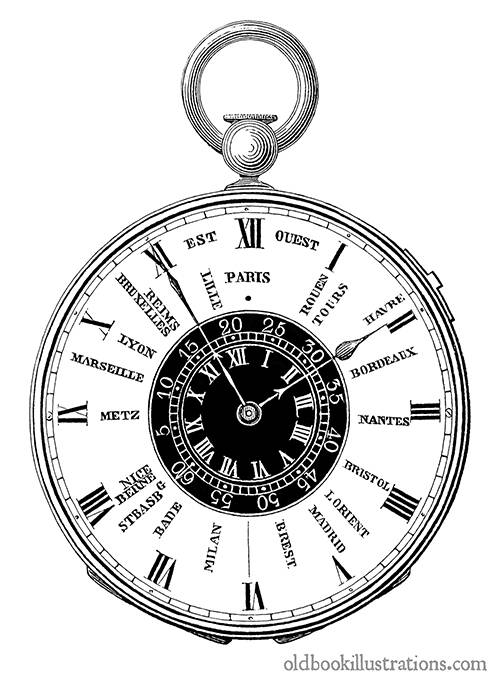 In the mornings, I often sit with some coffee and survey the traffic on the nearby highway, watching people trying to get to wherever they are going for whatever reasons. They are, of course, in a hurry.
In the mornings, I often sit with some coffee and survey the traffic on the nearby highway, watching people trying to get to wherever they are going for whatever reasons. They are, of course, in a hurry. Every morning, I wake up, drink coffee to the sounds of tropical morning before the sun rises, and consider things. I might have some ideas I scribble down in one of the many notepads I have laying around in the hope that I revisit. For the most part it’s about the moments of peace before the traffic on the highway becomes an insistent and intrusive hum.
Every morning, I wake up, drink coffee to the sounds of tropical morning before the sun rises, and consider things. I might have some ideas I scribble down in one of the many notepads I have laying around in the hope that I revisit. For the most part it’s about the moments of peace before the traffic on the highway becomes an insistent and intrusive hum.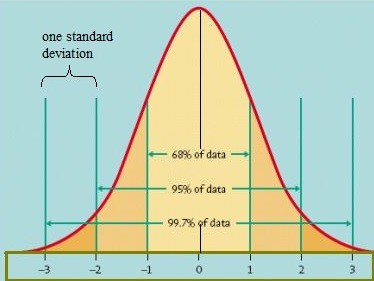 I was considering the issue of
I was considering the issue of 
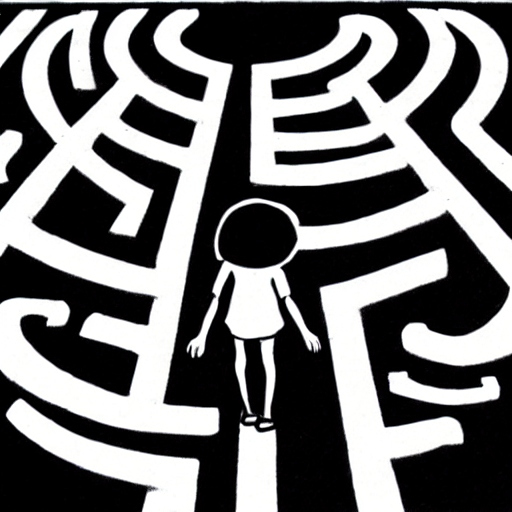 Yesterday I sat with someone discussing a young man I once knew. He’d dealt with a lot – a psychologist might consider calling it ‘complex trauma’ during his formative years, and we were just beginning to get into what children deserve where I found myself grasping for a better word.
Yesterday I sat with someone discussing a young man I once knew. He’d dealt with a lot – a psychologist might consider calling it ‘complex trauma’ during his formative years, and we were just beginning to get into what children deserve where I found myself grasping for a better word.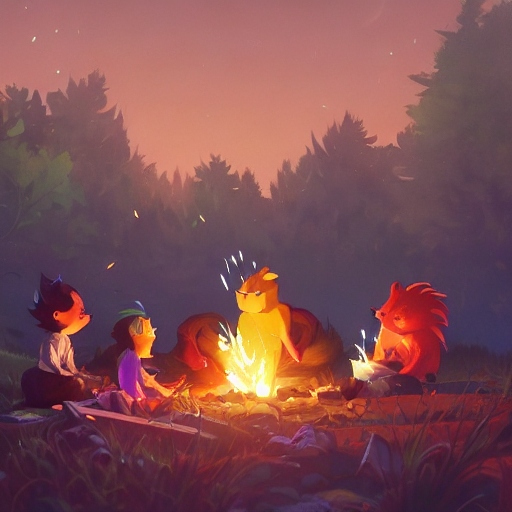 At least some readers will be familiar with Schopenhauer’s Hedgehog’s Dilemma, but those who aren’t it uses a metaphor of hedgehogs on a cold winter’s night pulling in their quills so that they can huddle closer together for warmth. Adversity gets people to pull their quills in, and when there isn’t adversity, they stick them right out again.
At least some readers will be familiar with Schopenhauer’s Hedgehog’s Dilemma, but those who aren’t it uses a metaphor of hedgehogs on a cold winter’s night pulling in their quills so that they can huddle closer together for warmth. Adversity gets people to pull their quills in, and when there isn’t adversity, they stick them right out again.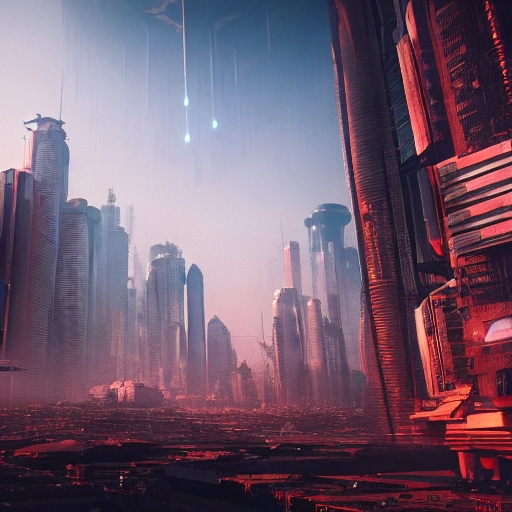 As I mentioned in
As I mentioned in  In an intimate moment, I’d mentioned to someone that I had finally gotten to writing again, that I had found a muse of sorts and that I was fleshing it out. They asked me how I felt about it, and I said…
In an intimate moment, I’d mentioned to someone that I had finally gotten to writing again, that I had found a muse of sorts and that I was fleshing it out. They asked me how I felt about it, and I said…